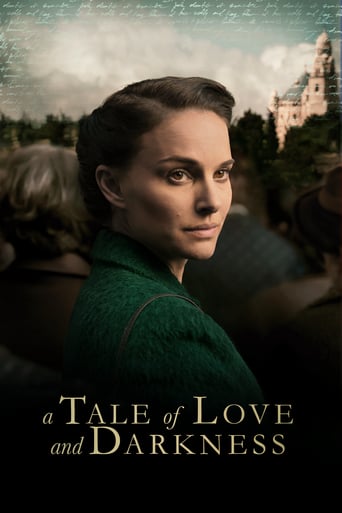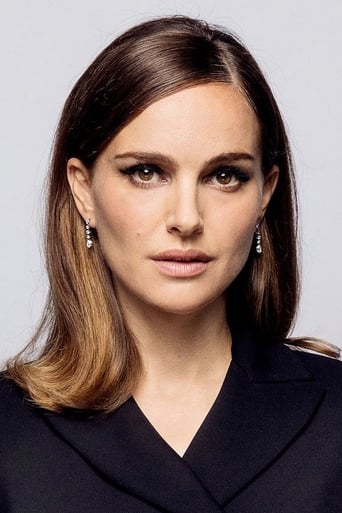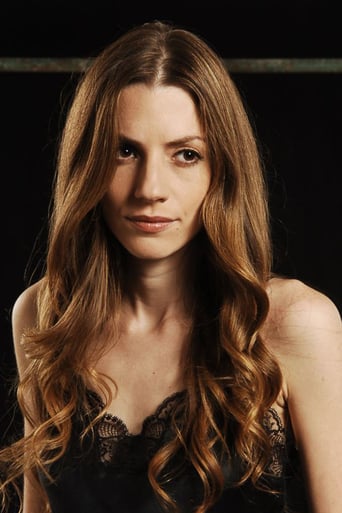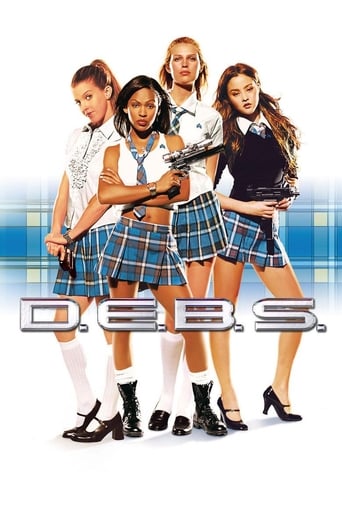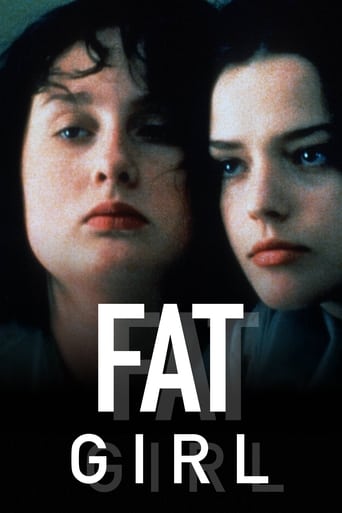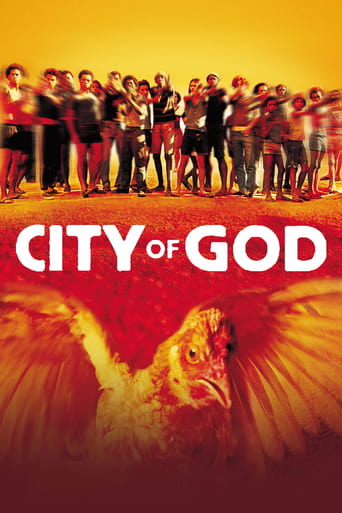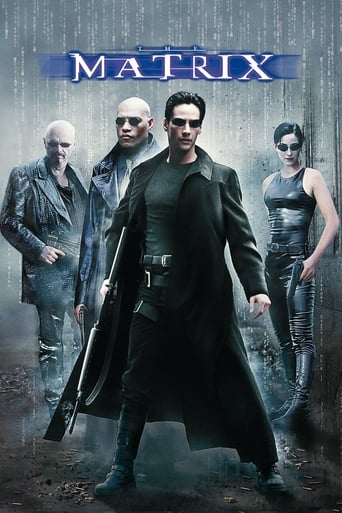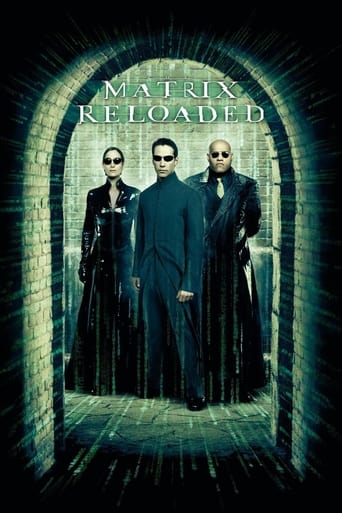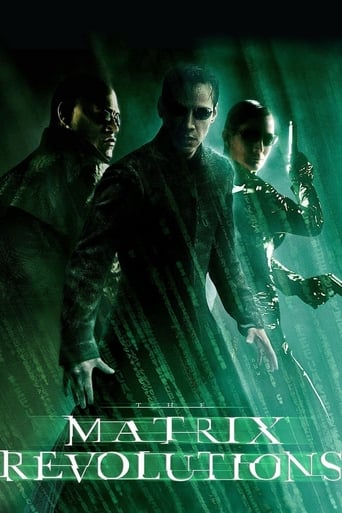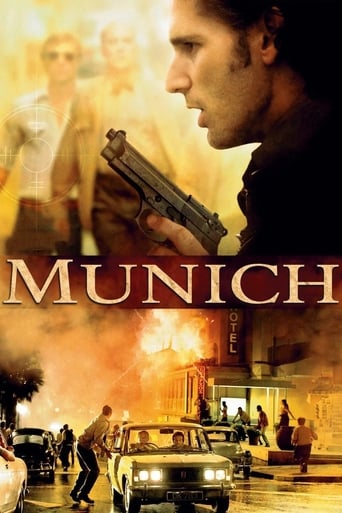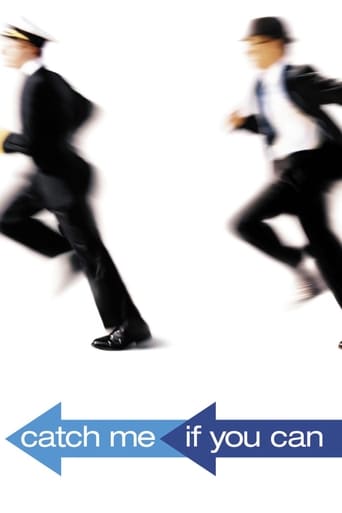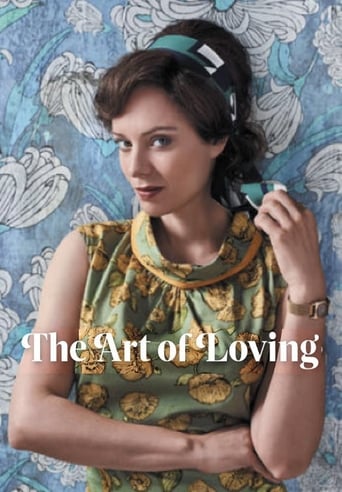A Tale of Love and Darkness (2015)
The story of young Amos Oz, growing up in Jerusalem in the years before Israeli statehood with his parents; his academic father, Arieh, and his dreamy, imaginative mother, Fania.
Watch Trailer
Cast


Similar titles
Reviews
Natalie Portman undertook the difficult task of adapting (for Film) renowned author Amos Oz's wistfully poetic, insightful and humane memoir of early life in Jerusalem just before and slightly after Israel had earned Statehood.**Spoiler Alert**This is challenging material in terms of both the deeply-personal and tumultuous historical perspectives presented as Natalie Portman courageously navigated the tragically despairing pathways encountered by Fania Mussman-Klausner, Amos Oz's beloved mother who appeared mysteriously plagued by unidentifiable but relentless emotional torment, seeking momentary escape within the World of imagination & dreams but never able to fully-reconcile the transitional upheaval from her once comfortable-cultured Life in Eastern-Europe vs. the more unpredictable-tenuous one encountered in pre & post-WWII Jerusalem.The key to this film's believability is Portman's ability to pinpoint the heart +soul of Fania Mussman (with all the inner-torment inherent), also allowing little Amos Oz's burgeoning brightness & curiosity to intermittently shine-thru at times.A slight warning to viewers is that there exists a near oppressive bleakness to some of Amos Oz's recollections, especially with regards to his beloved mother's trials & travails (but thankfully peppered with momentary respite in the form of dreamlike scenes infused with poetic escapism). In the current Day (2017), it is sometimes easy to forget the fact that the numerous pre & post WWII arrivals to Jerusalem/ Israel were mainly beleaguered refugees barely escaping the holocaust dreaming of a land where they could once again simply Live as Jews without relentless persecution and death attached to the horrific WWII Epoch. Amos Oz's book and Natalie Portman's important film ruminate on historical recollections that although sometimes deeply-painful must occupy a hallowed eternal space in memory.
I wanted to like this. I really did. Natalie Portman's directorial debut taking on an epic Amos Oz novel about his early life set against the tale of the birth of the State of Israel should have been wonderful. Instead, it felt like a series of beautiful cinematic vignettes that didn't quite come together to form a cohesive narrative. The dramatic tension is missing. The motivations of Oz and his mother and father are not explained. A couple of political scenes inserted to give some context -- namely the scene with the Arab girl and her brother, and the scene where the UN vote is being read out -- feel clunky and not well linked to the more personal story being told. If I hadn't come into the movie already having a good grasp of the history of mandatory Palestine and Israel's early years, I feel I would have been totally lost, as so much was glossed over or not really explored. Moreover, the most interesting parts to me were those that explored Amos's relationship with his father, but Portman chose to focus the narrative on his enigmatic, struggling mother -- someone you get the sense that the boy himself never really understood. There are a lot of wonderful scenes here, but they don't really go anywhere. Haval.
This film is truly beautiful. I was hesitant to see this film. I thought it was going to be a love song to the Jewish struggle in Jerusalem, but it was not very political at all. It does include the pure optimism of the Jewish people once they are given their own free state. There is also some beautiful narration describing the conflict as unfortunate and tragic. Instead, we are given a beautiful film of the personal story of a boy's relationship with his loving, troubled mother. She tells him different stories throughout the film, each one containing its own seed of wisdom. I was really impressed with the beauty of the dialogue. This is a film that can appeal to people who love language, but the beauty of each shot is also one of its strengths. A very unique film, filled with beauty and darkness (and love).
I had read the book when it was first published, and I felt it was a masterpiece. Oz captured the dark and difficult yet hopeful period of Jewish and Israeli history so well - from the siege on Jerusalem, to relations with Palestenians, to the impact of uprooted Eastern European Jewish survivors' lives. He also let us into the secrets of his childhood. It is a profound book.Of course to turn this long and complex tale into a movie is very challenging, and especially as a directorial debut. However, I felt that Natalie Portman and her team captured the essence of the book. The period scenes, the choice of important segments of the book, the characters - it felt familiar to me, true to the book.I'm sorry to read in a couple reviews that the historical references did not register. I personally feel that she did justice to the period, the place and the story. Yes, it was dark for the most part. Because Amos Oz remembered his childhood as dark, because of the times, the atmosphere in the home (his parents were mismatched), the poverty and the fear. And mostly because of his mother's falling into illness. In the book Oz never mentioned a diagnosis, but it was clear, and made clear in the movie as well, that she was clinically depressed, and no treatment was available. One of the parts I liked the best in the movie, was the sporadic appearance of the "new Jew" prototype, which she adored, and which her husband did not fit in the least. The handsome, strong man, the antithesis of the Eastern European Jewish nerdy and scholarly type. What she did with this mythic male at the end of the movie was brilliant, and the narrator also tells us that he himself tried to become this man, and couldn't. Maybe the viewers need to read some background before watching the film, but I felt justice was done to the book and to the spirit of it. Those who dismiss the linguistic aspects need to realize that the new and forming language, Hebrew, and the father and son's interests in life, are tied together, and represent a very important part of the story. That is probably why Natalie Portman insisted on the movie being in Hebrew. Will she adapt it into an English version? Maybe.

